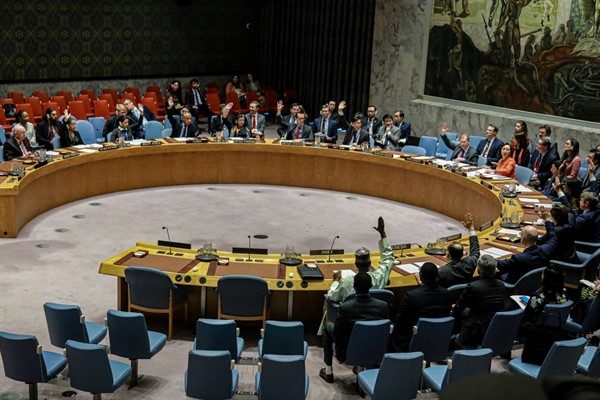Editor’s Note: Every Friday, Andrew Green curates the top news and analysis from and about the African continent.
Kenya won a surprisingly contentious race for a rotating seat on the United Nations Security Council, defeating Djibouti in a run-off vote Thursday. Djibouti’s loss was an unlikely blow to China, which appeared to have encouraged Djibouti’s unprecedented candidacy in order to increase its influence on the Security Council.
Africa is guaranteed three of the council’s 10 elected seats, which rotate every two years and supplement the five permanent members: China, France, Russia, the United Kingdom and the United States. African countries have traditionally voted as a bloc to back a single candidate for those seats, but after the African Union endorsed Kenya’s candidacy over Djibouti in a secret ballot last August, the small Horn of Africa country refused to drop out of the race, forcing this week’s unusually competitive vote among U.N. General Assembly members for one of the African seats.

